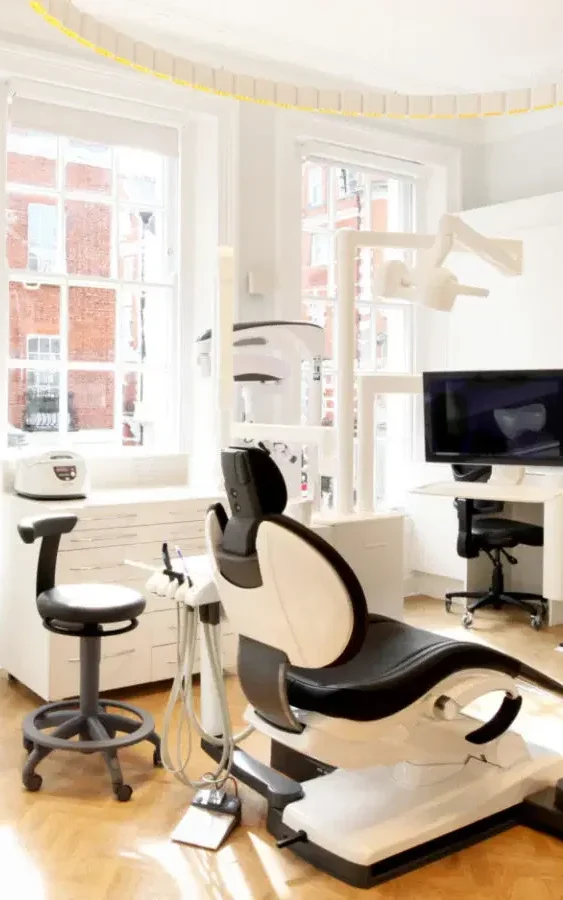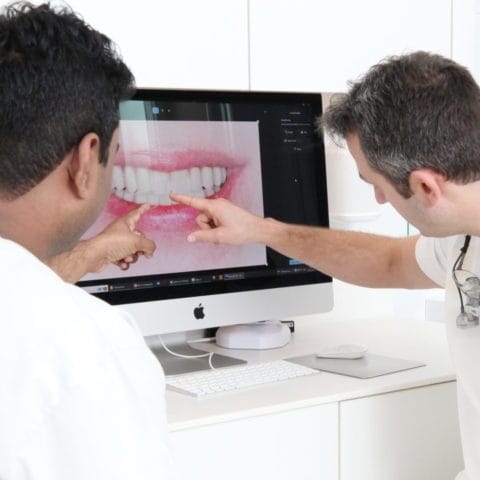Dental Hygiene in London
Beautiful teeth and a self-confident smile signal joy and personal success. They exude good health too. Our dental hygienists are here to keep it that way. To maintain a meticulous quality of care we send our prevention team on regular continuing professional development courses.

Treatment Duration
60 minutes

Price
From £165

Recovery Time
None

Dental hygiene is simply the performance of professional teeth cleaning by a dental hygienist. Regular dental hygiene treatment is the most effective and safest method to maintain both healthy and beautiful teeth for life. It also prevents gum disease very effectively. Our dental specialists provide patients with a meticulous standard of quality care by offering you careful check-ups with individual advice on all aspects of oral hygiene and nutritional best practices.
What happens during a dental hygiene appointment?
Rest assured that this work is exclusively performed by experienced and professional hygienists who form an integral part of our prevention team here at Wimpole Street Dental Clinic.
The traditional step-by-step dental hygiene appointment for professional teeth cleaning is as follows:
- The area above your gums is subject to thorough cleaning using ultrasonic devices
- The plaque is then removed even from difficult to reach areas using special hand-held tools
- Polishing pastes are applied to remove any remaining discolourations from the teeth
- Polishing pastes are also used to help smooth the surface of the teeth to make them shine
- Your hygienist may recommend methods and ways you can improve your own hygiene, guidance on brushing and flossing, how to avoid gum disease and tartar and information about what can cause oral health issues (e.g. bacterium, plaque, tartar and gum disease)
Meet your award-winning Dental Hygienist dentist and team…
- We have over 75+ years of combined dentistry experience across our specialist team.
- 10,000+ treatments performed and counting.
- We are leaders in the dental industry – we regularly teach, lecture and publish our research work internationally.
Our Expertise
Whenever you need to take care of your smile – in an emergency, during routine care or when booking cosmetic dentistry – you naturally seek a qualified, skilled and experienced dental professional whom you can trust to deliver the premium dental care you expect at every appointment.
We would like you to consider placing your trust in our central London clinic because:
Specifically for dental hygiene, we send our prevention team, including our dental hygienists, on regular continued professional development courses to ensure their information, advice, knowledge and skills are up to date to deliver the highest quality care to our patients.
We offer EMS air-flow technology during a dental hygiene appointment with us which is based on innovative technology that comfortably removes plaque and discolourations from your teeth as an alternative to other teeth whitening methods. The high gloss polishing fluoridation which follows can provide you with the restoration of a radiant smile.
Dental Hygienist Before & Afters
Who is suitable for dental hygiene?
Our team would encourage all our dental patients to make an appointment with our dental hygienist to discuss their individual needs regarding a regular schedule of professional teeth cleaning.
Optimum dental hygiene is the best tool to equip yourself with when looking to achieve preventative care of your teeth and gums to safeguard your smile for years to come as well protect against oral issues such as excessive tooth decay, infection, gum disease and bad breath.


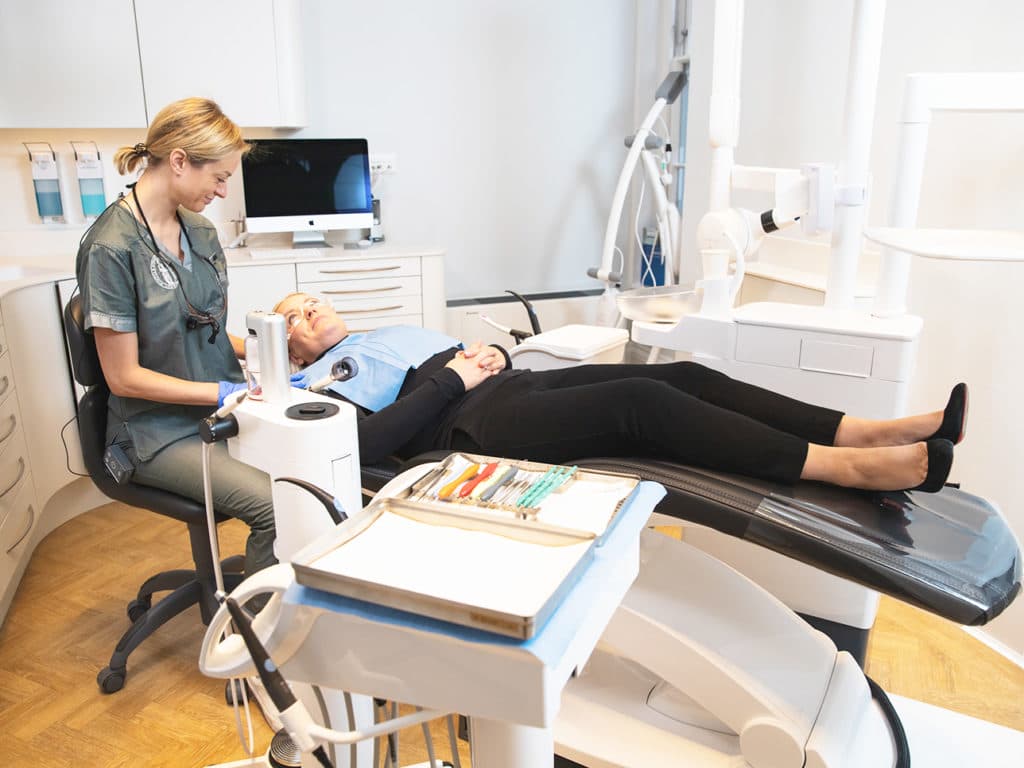
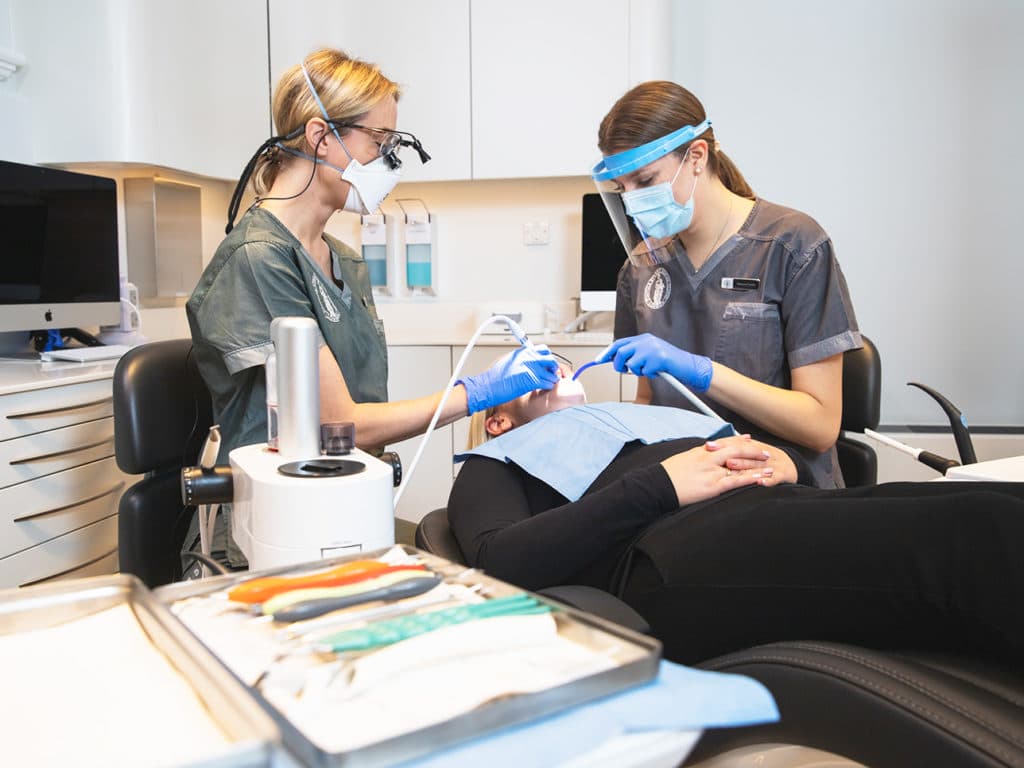
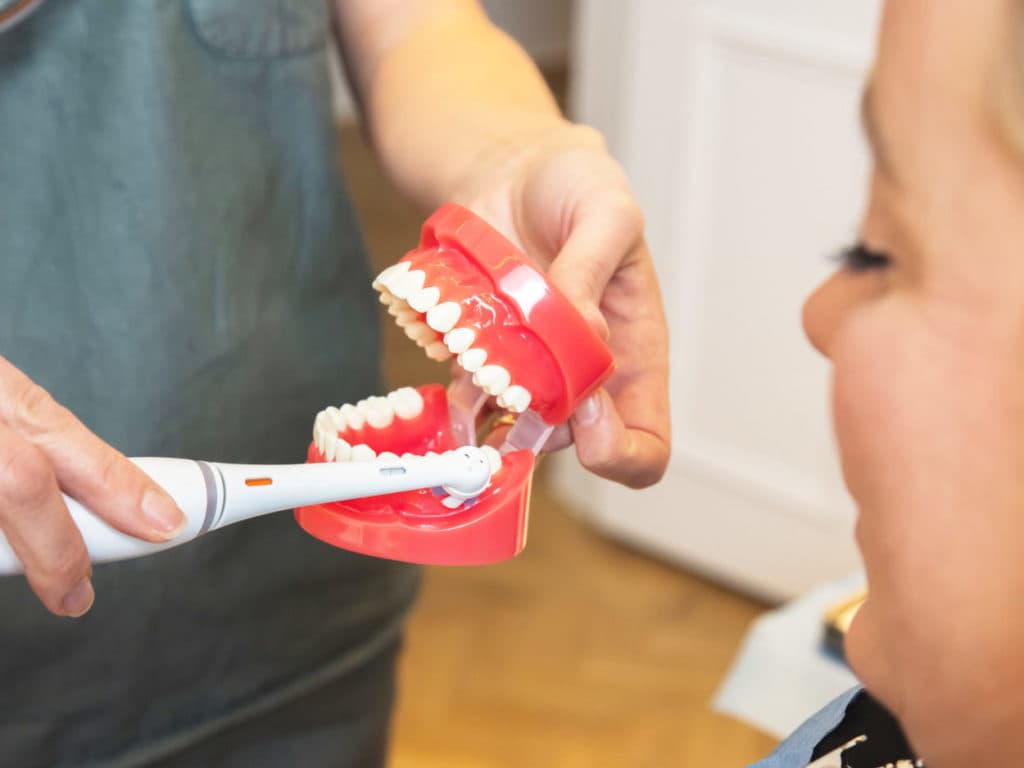


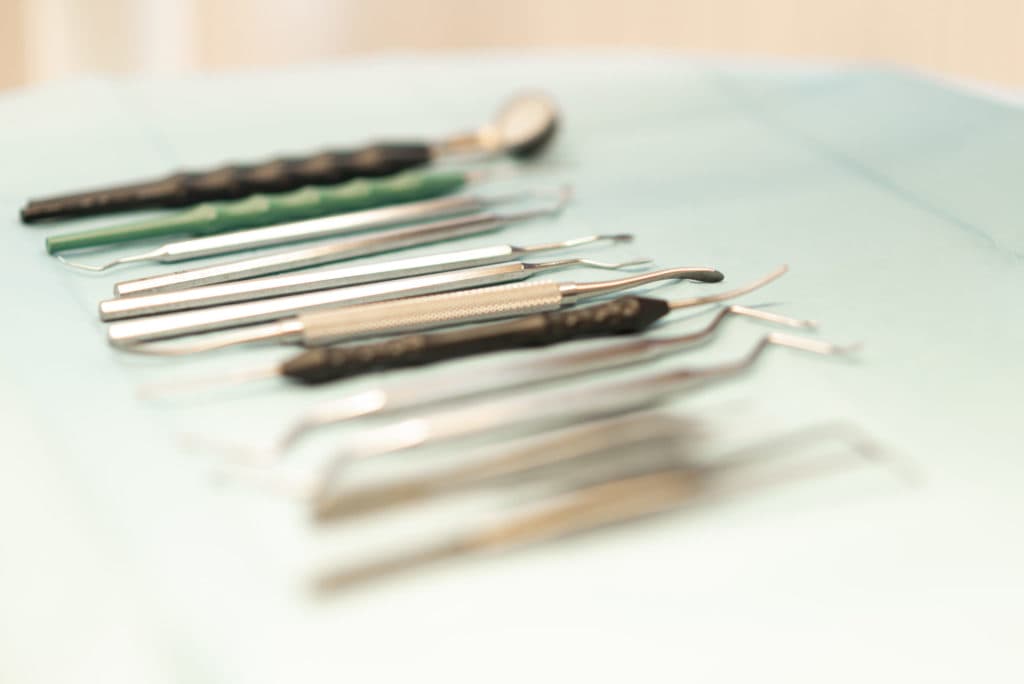


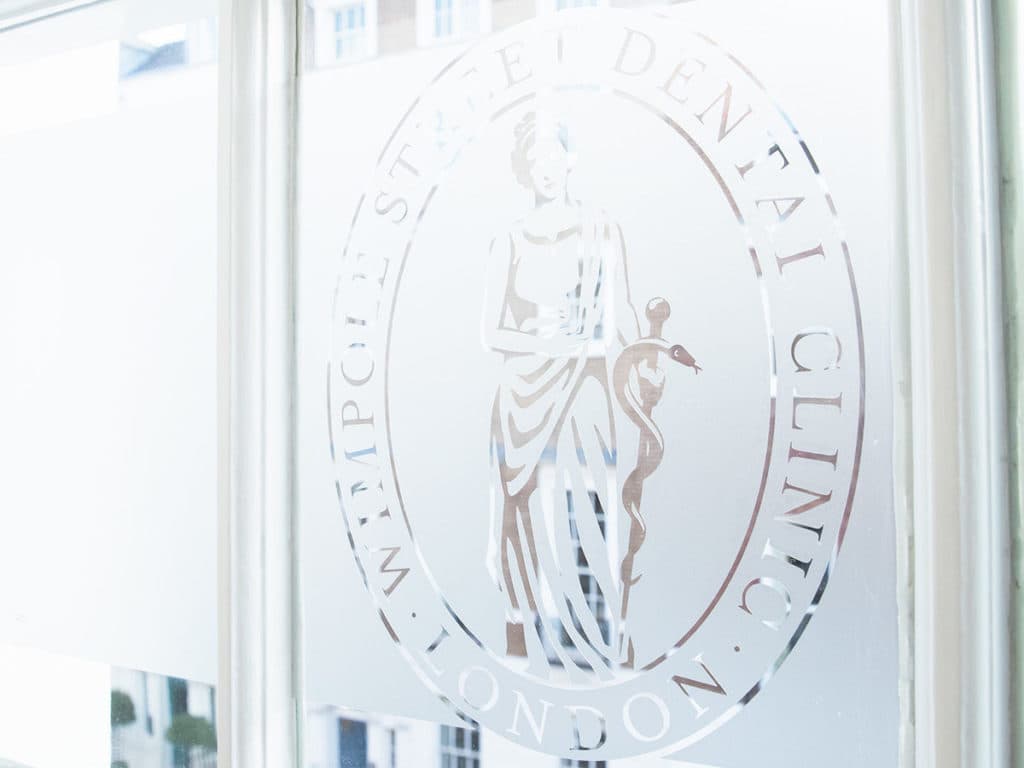



New page design
Written by: Prof Dr Christian Mehl
Medically reviewed by: Dr Raul Costa
Author biography added
Written by: Prof Dr Christian Mehl
Medically reviewed by: Dr Raul Costa
Original content created
Written by: Prof Dr Christian Mehl
Medically reviewed by: Dr Raul Costa
Wimpole St Dental Clinic has strict sourcing guidelines and relies on peer-reviewed studies, academic research institutions, and medical associations. We avoid using tertiary references. You can learn more about how we ensure our content is accurate and current by reading our editorial policy.
- Jongbloed-Zoet C. The role of the dental hygienist in promoting oral health. Int J Dent Hyg. 2020 May;18(2):127. doi: 10.1111/idh.12436. PMID: 32303122.
- Dunning JM. The future of the dental hygienist. J Public Health Dent. 1990 Winter;50(1):3-4. doi: 10.1111/j.1752-7325.1990.tb03546.x. PMID: 2296000.
- Aker DS, Zaki HA. The dental hygienist as a preventodontist. J Am Dent Assoc. 1972 Jan;84(1):140-2. doi: 10.14219/jada.archive.1972.0018. PMID: 4500212.



















